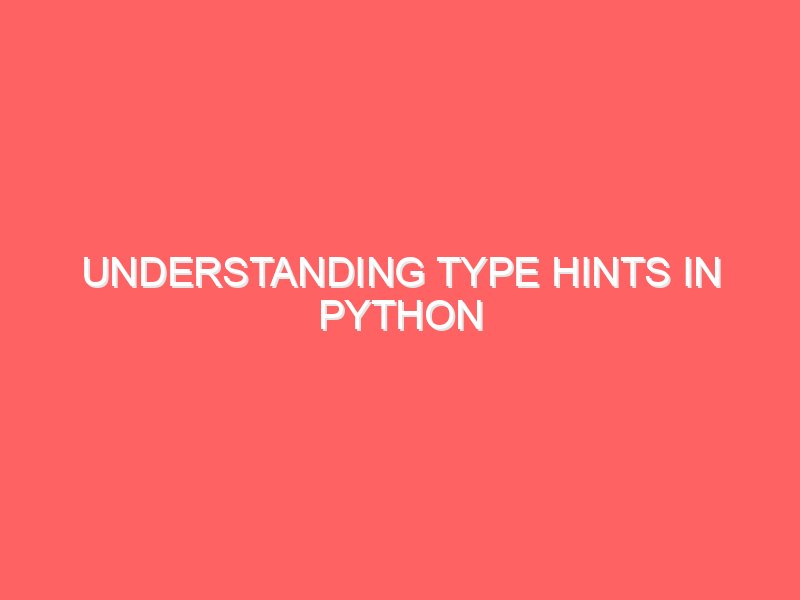The next topic is Strings in Python. Strings are one of the most commonly used data types in Python and are essential for handling textual data. In this section, we will explore various operations and methods that can be performed on strings in Python, including concatenation, slicing, formatting, and more.
String Programs
1. Check If a String is a Palindrome
Description: This program checks if a given string is a palindrome (reads the same backward as forward).
# Program to check if a string is a palindrome
string = input("Enter a string: ")
if string == string[::-1]:
print(f"'{string}' is a palindrome.")
else:
print(f"'{string}' is not a palindrome.")
2. Count Vowels in a String
Description: This program counts the number of vowels in a given string.
# Program to count vowels in a string
string = input("Enter a string: ")
vowels = "aeiouAEIOU"
count = 0
for char in string:
if char in vowels:
count += 1
print(f"The number of vowels in '{string}' is {count}.")
3. Reverse a String
Description: This program reverses a given string.
# Program to reverse a string
string = input("Enter a string: ")
reversed_string = string[::-1]
print(f"The reversed string is: '{reversed_string}'")
4. Count the Frequency of Each Character in a String
Description: This program counts how many times each character appears in a string.
# Program to count the frequency of each character in a string
string = input("Enter a string: ")
frequency = {}
for char in string:
if char in frequency:
frequency[char] += 1
else:
frequency[char] = 1
print(f"Character frequency in '{string}': {frequency}")
5. Convert All Characters to Uppercase
Description: This program converts all characters in a string to uppercase.
# Program to convert a string to uppercase
string = input("Enter a string: ")
uppercase_string = string.upper()
print(f"The string in uppercase is: '{uppercase_string}'")
6. Convert All Characters to Lowercase
Description: This program converts all characters in a string to lowercase.
# Program to convert a string to lowercase
string = input("Enter a string: ")
lowercase_string = string.lower()
print(f"The string in lowercase is: '{lowercase_string}'")
7. Find the Length of a String
Description: This program finds the length of a string.
# Program to find the length of a string
string = input("Enter a string: ")
length = len(string)
print(f"The length of the string '{string}' is {length}.")
8. Check if a Substring Exists in a String
Description: This program checks if a given substring is present in a string.
# Program to check if a substring exists in a string
string = input("Enter a string: ")
substring = input("Enter the substring to check: ")
if substring in string:
print(f"'{substring}' exists in '{string}'.")
else:
print(f"'{substring}' does not exist in '{string}'.")
9. Remove Whitespaces from a String
Description: This program removes leading and trailing whitespaces from a string.
# Program to remove whitespaces from a string
string = input("Enter a string with spaces: ")
trimmed_string = string.strip()
print(f"The string without leading and trailing spaces is: '{trimmed_string}'")
10. Find the Position of a Substring
Description: This program finds the position of the first occurrence of a substring.
# Program to find the position of a substring
string = input("Enter a string: ")
substring = input("Enter the substring: ")
position = string.find(substring)
if position != -1:
print(f"The substring '{substring}' is found at position {position}.")
else:
print(f"The substring '{substring}' is not found.")
11. Replace All Occurrences of a Substring in a String
Description: This program replaces all occurrences of a substring with another string.
# Program to replace all occurrences of a substring in a string
string = input("Enter a string: ")
old_substring = input("Enter the substring to replace: ")
new_substring = input("Enter the new substring: ")
new_string = string.replace(old_substring, new_substring)
print(f"The new string is: '{new_string}'")
12. Check If a String Starts with a Specific Substring
Description: This program checks if a string starts with a specific substring.
# Program to check if a string starts with a specific substring
string = input("Enter a string: ")
substring = input("Enter the substring: ")
if string.startswith(substring):
print(f"'{string}' starts with '{substring}'.")
else:
print(f"'{string}' does not start with '{substring}'.")
13. Check If a String Ends with a Specific Substring
Description: This program checks if a string ends with a specific substring.
# Program to check if a string ends with a specific substring
string = input("Enter a string: ")
substring = input("Enter the substring: ")
if string.endswith(substring):
print(f"'{string}' ends with '{substring}'.")
else:
print(f"'{string}' does not end with '{substring}'.")
14. Find All Occurrences of a Substring
Description: This program finds all occurrences of a substring in a string.
# Program to find all occurrences of a substring in a string
string = input("Enter a string: ")
substring = input("Enter the substring: ")
start = 0
while start < len(string):
start = string.find(substring, start)
if start == -1:
break
print(f"Found '{substring}' at position {start}")
start += 1
15. Join Elements of a List into a String
Description: This program joins a list of strings into a single string.
# Program to join elements of a list into a string
list_of_strings = ["Python", "is", "great"]
joined_string = " ".join(list_of_strings)
print(f"The joined string is: '{joined_string}'")
16. Split a String into a List
Description: This program splits a string into a list of words.
# Program to split a string into a list
string = input("Enter a string: ")
split_list = string.split()
print(f"The list of words is: {split_list}")
17. Check If All Characters in a String Are Digits
Description: This program checks if all characters in a string are digits.
# Program to check if all characters in a string are digits
string = input("Enter a string: ")
if string.isdigit():
print(f"'{string}' contains only digits.")
else:
print(f"'{string}' does not contain only digits.")
18. Convert a String to a List of Characters
Description: This program converts a string into a list of characters.
# Program to convert a string to a list of characters
string = input("Enter a string: ")
char_list = list(string)
print(f"The list of characters is: {char_list}")
19. Find the Most Frequent Character in a String
Description: This program finds the most frequent character in a string.
# Program to find the most frequent character in a string
string = input("Enter a string: ")
frequency = {}
for char in string:
if char in frequency:
frequency[char] += 1
else:
frequency[char] = 1
most_frequent_char = max(frequency, key=frequency.get)
print(f"The most frequent character in '{string}' is '{most_frequent_char}'.")
20. Remove All Non-Alphabetic Characters from a String
Description: This program removes all non-alphabetic characters from a string.
# Program to remove all non-alphabetic characters from a string
string = input("Enter a string: ")
cleaned_string = ''.join(char for char in string if char.isalpha())
print(f"The cleaned string is: '{cleaned_string}'")
Explanation
- String Methods: Many of the above programs rely on Python’s built-in string methods like
upper(),lower(),find(),replace(), andsplit(). These methods help in manipulating strings easily. - String Manipulation: String operations like checking if a string is a palindrome, counting characters, and finding substrings are essential for string processing tasks.
- List and String Operations: Converting strings to lists or joining list elements into strings are common tasks in data manipulation.
Let me know if you’d like to dive deeper into any specific string operation or move on to the next topic!



